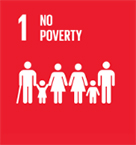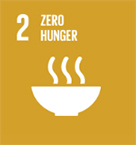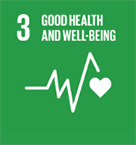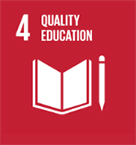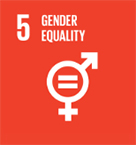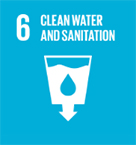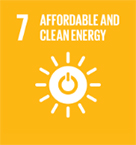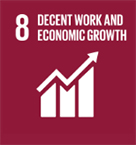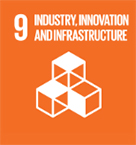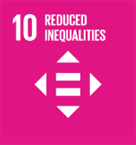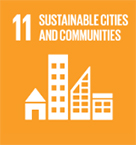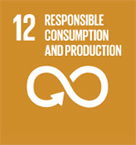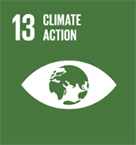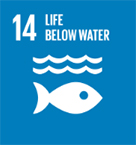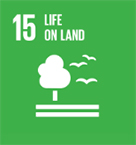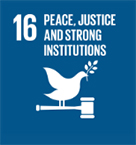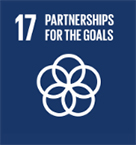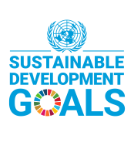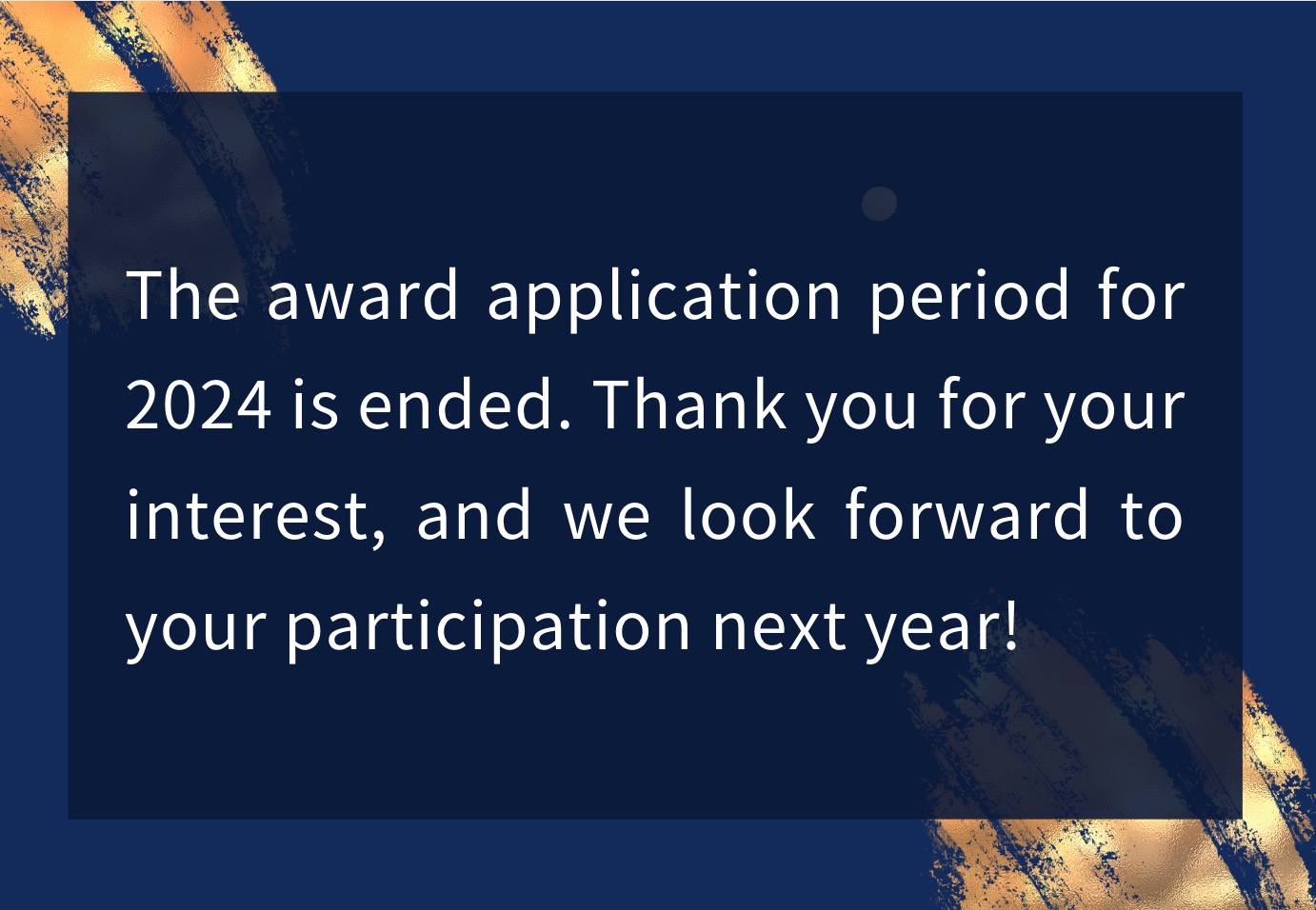There is a greater need than ever for international collaboration and knowledge sharing to tackle the pressing challenges of sustainable development. In this endeavour, young scientists play a pivotal role with fresh perspectives and novel solutions. The Wenzhou Growth Foundation for World Young Scientists and the World Association of Young Scientists (WAYS) are cooperating with the International Research Center of Big Data for Sustainable Development Goals (CBAS) to initiate the "Young Scientist Sustainable Development Goals Award" (Young Scientist SDGs Award). This award recognizes the original research, innovations and breakthroughs made by young scientists that contribute to sustainable development, and aims to encourage them to step up on our way towards a sustainable future.
The number of applicants entering the final evaluation (finalists) shall not exceed 16, with no more than five ultimately awarded the "Young Scientist SDGs Award".
The winners of the "Young Scientist SDGs Award" will receive one million (pre-tax) Chinese Yuan each, which they can freely allocate;
They will also be recommended to become members of the World Association of Young Scientists,
and be recommended to participate in high-level international conferences such as the World Young Scientist Summit and relevant activities of United Nations.
Supportive services will be actively provided, such as giving priority to supporting and commercializing their research results locally.
They will be provided with local talent benefits.
Individuals entering the finalists will be provided with all the benefits besides the monetary prize.
The application period starts on 30th April, 2024 and ends on 31st July, 2024(extends to 15th August 2024, GMT+8).
Young scientists under the age of 45 worldwide (born on or after January 1st, 1979), regardless of gender and nationality, who have achieved the following results in the award directions are eligible to participate in the selection:
1. Conduct groundbreaking fundamental research in the field of natural sciences to contribute to the implementation of the United Nations Sustainable Development Goals.
2. Provide essential technological or engineering support in the field of science and technology industries to advance the implementation of the United Nations Sustainable Development Goals, and achieve significant practical outcomes.
Previous award winners cannot reapply, and those with conflicts of interest are ineligible to participate.
SDG3 (Good Health and Well-being), SDG6 (Clean Water and Sanitation), SDG7 (Affordable and Clean Energy), SDG9 (Industry, Innovation, and Infrastructure), SDG13 (Climate Action), SDG14 (Life Below Water), SDG15 (Life on Land), SDG Interaction (Multiple SDGs), a total of 8 areas from the 17 SDGs of United Nations are selected as the direction of the award.
The following are explanatory notes:
1. SDG3 (Good Health and Well-being) This involves research and practice in the fields of medicine, public health, and psychology, and is dedicated to preventing disease, improving the quality of medical services, and promoting global health.
2. SDG6 (Clean Water and Sanitation) This involves fundamental studies on the treatment of freshwater resource pollution and its recycling, and research and application of technologies related to water ecology and water environment (aquatic plants, animals, microorganisms, etc.).
3. SDG7 (Affordable and Clean Energy) This involves the development and utilization of new energy sources such as hydropower, wind energy, solar energy, nuclear energy, and related technological research and development, especially in the field of low-cost new energy technologies, including materials science, engineering technology, and the development and utilization of key technologies.
4. SDG9 (Industry, Innovation, and Infrastructure) This involves the development of infrastructure, engineering technology and information technology, including research and innovation in engineering, information technology and sustainable energy, in order to promote industrial development and infrastructure construction, and to promote economic growth and sustainable development.
5. SDG13 (Climate Action) This involves climate geological records, research on natural cycles, as well as a series of revolutionary breakthroughs closely related to the discipline of climatology. This includes key technologies for the utilization of new energy sources, such as solar photovoltaic, battery energy storage, geothermal resource development, wind energy, and tidal energy.
6. SDG14 (Life Below Water) This involves marine and coastal zone environment research, covering a series of underwater biological fields such as biotechnology applications.
7. SDG15 (Life on Land) This involves research on biodiversity in ecologically fragile areas, conservation of terrestrial biomes and genetic diversity, as well as the application of biology, gene editing and other technologies.
8. SDG Interactions This refers to areas involving multiple Sustainable Development Goals, where several goals intersect.
Applications for the Award can be submitted either by self-nomination or nomination by others.
Self-nomination requires the applicant to fill in the online application form before the deadline.
Nomination by others requires the applicant to submit a recommendation letter from renowned experts or organizations in the same research field, and to complete the online application form before the deadline.
The "Young Scientist SDGs Award" ceremony will be held during the main session of the 2024 World Young Scientist Summit (early November, 2024). Winners might have the opportunity to present and showcase their work to the world, and might be invited to deliver a keynote speech during the summit.
Winners are expected to attend the award ceremony in person. In the event of force majeure preventing attendance, winners shall explain the circumstances to the Award Committee in advance. After approval, they may authorize someone else to accept the award on their behalf.
The Wenzhou Growth Foundation for World Young Scientists is a commonweal organization set up by, CHINT Group, Tsingshan Holding Group, Semir Group and Academy Li Xiaokun. Its main business includes organizing science awards; Offering support for the preparation and operation of the World Association for Young Scientists; Supporting the World Young Scientist Summit; Funding academic exchanges, talent training, publication of sci-tech journals and international sci-tech exchanges and so on.
World Association of Young Scientists (WAYS) is an international, academic and non-profit social organization in which voluntarily formed by worldwide, regional and national-wide youth technology organizations, universities, professional research institutions. WAYS aims to build a platform for worldwide young scientists to exchange and learn from each other, consolidate the consensus of “technology for social good” and strive to promote sustainable development through scientific and technological innovation. WAYS aspires to contribute the wisdom and strength of young scientists to achieve the United Nations Sustainable Development Goals and promote the construction of a community with a shared future of mankind.
The International Research Center of Big Data for Sustainable Development Goals (CBAS) aims to harness big data to serve the United Nations 2030 Agenda for Sustainable Development, featuring multidisciplinary research related to Earth system science, social and economic sciences, as well as sustainability science. It is devoted to the monitoring and evaluation of SDG indicators in the areas where big data plays a key role, including environmental commons, urban and peri-urban development, food security, and energy decarbonization. CBAS has five missions, including developing SDG data infrastructure and information products; launching a series of SDG satellites; providing new knowledge for SDG monitoring and evaluation; establishing a think tank for science, technology, and innovation to promote SDGs; and offering capacity development for SDGs in developing countries.
